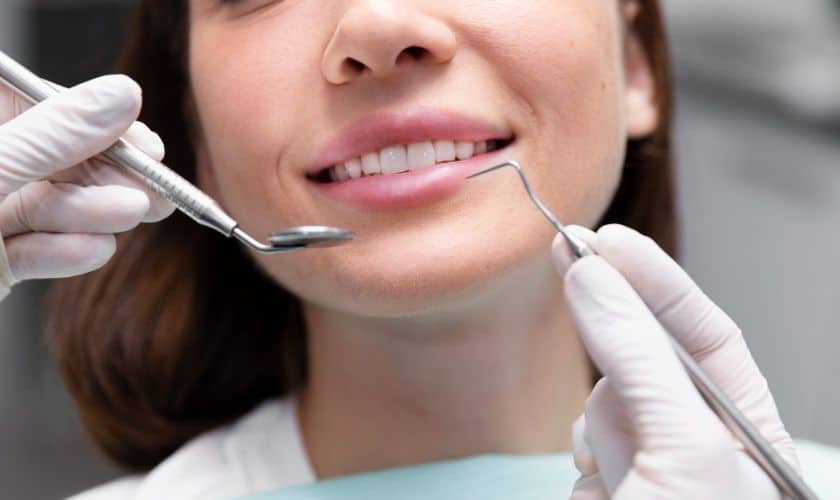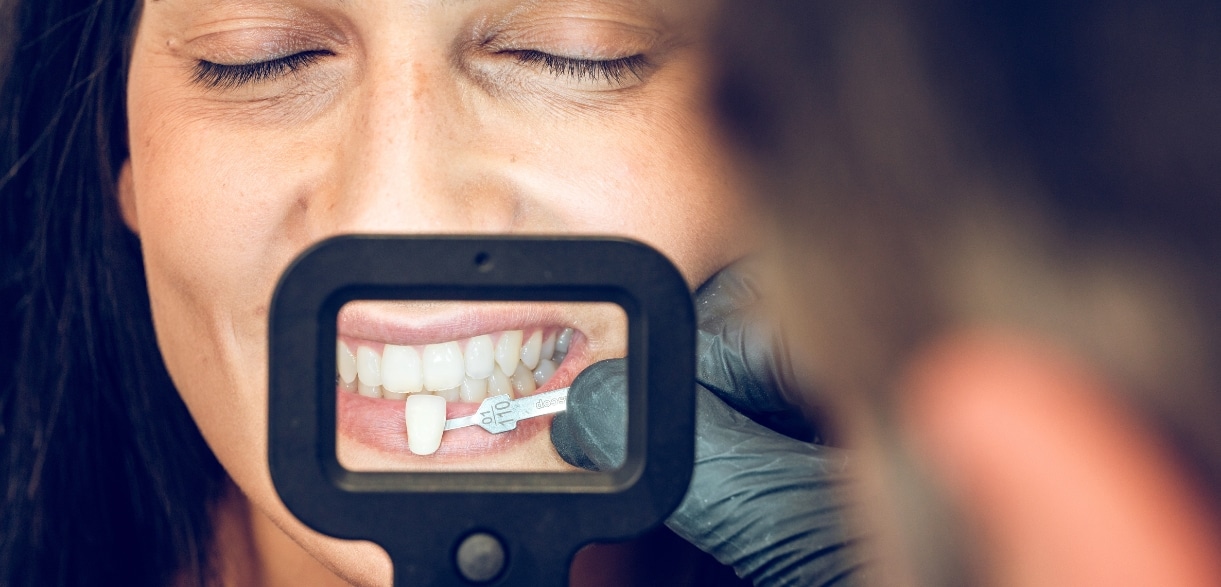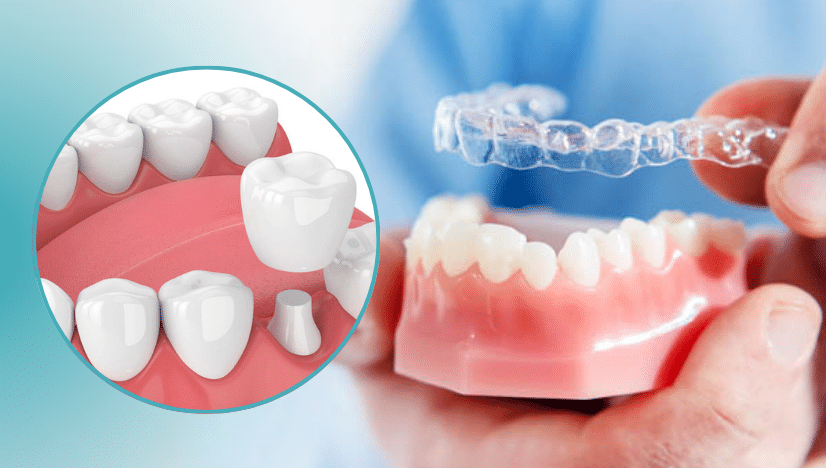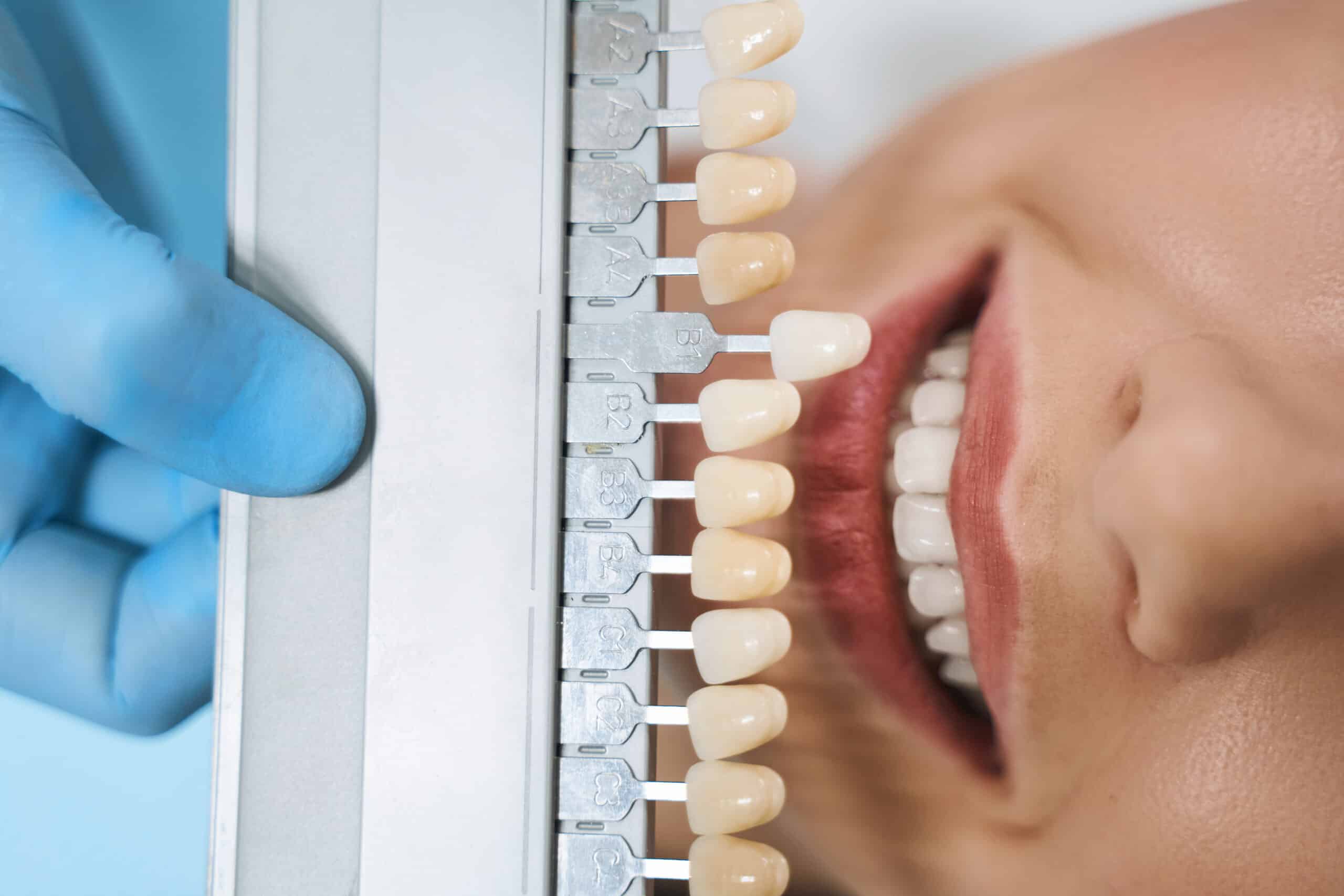
Welcome to the world of cosmetic dentistry, where smiles are transformed into radiant works of art using the “Beauty Blueprint.” Cosmetic dentistry combines the precision of dental expertise with the artistry of aesthetic design to create stunning smiles that radiate confidence. Like a skilled architect, cosmetic dentists carefully analyze facial features, tooth proportions, and individual preferences to develop a customized “Beauty Blueprint” for each patient. Through a range of advanced procedures such as teeth whitening, porcelain veneers, and orthodontics, they sculpt and refine smiles to perfection. Join us as we explore the fascinating realm of cosmetic dentistry and the meticulous craftsmanship behind crafting radiant smiles with the “Beauty Blueprint.

Common Cosmetic Dental Procedures
1. Teeth Whitening: A popular cosmetic dental procedure that helps remove stains and discoloration from teeth, restoring their natural whiteness and brightness. It can be done through professional in-office treatments or take-home kits provided by the dentist.
2. Dental Veneers: Thin, custom-made shells typically made of porcelain or composite resin that are bonded to the front surface of teeth. Veneers can improve the appearance of teeth by addressing issues such as discoloration, chips, cracks, gaps, or misalignment.
3. Dental Bonding: In this procedure, a tooth-colored composite resin material is applied to the tooth surface and then sculpted and bonded to correct minor cosmetic flaws, such as chips, cracks, gaps, or uneven tooth shapes.
4. Orthodontics: Orthodontic treatments, such as traditional braces or clear aligners, are used to correct misalignment issues and achieve a straighter smile. They gradually shift the position of teeth into proper alignment, improving both aesthetics and functionality.
5. Dental Implants: Dental implants are a restorative procedure that replaces missing teeth. A titanium post is surgically placed into the jawbone to act as an artificial tooth root, which then supports a prosthetic tooth or crown. Dental implants provide a long-lasting and natural-looking solution for missing teeth.
Longevity and Maintenance
1. Proper Oral Hygiene: Maintaining a consistent oral hygiene routine is crucial for the longevity of cosmetic dental procedures. Brushing at least twice a day with a fluoride toothpaste, flossing daily, and using mouthwash can help prevent plaque buildup, tooth decay, and gum disease. Regular dental check-ups and professional cleanings are also essential for early detection of any issues and to ensure proper maintenance of cosmetic dental work.
2. Avoiding Bad Habits: Certain habits can have a negative impact on the longevity of cosmetic dental procedures. Avoiding chewing on hard objects like ice or pens, as well as refraining from biting or tearing non-food items, can help prevent damage to veneers, bonding, or other cosmetic enhancements. Quitting smoking and limiting consumption of staining substances like coffee, tea, and red wine can also help maintain the appearance of teeth.
3. Regular Dental Follow-ups: Continued care and regular follow-up visits with the dentist are vital for monitoring the condition of cosmetic dental work. Dentists can assess the integrity of the restorations, check for any signs of wear or damage, and address any concerns or issues that may arise. Prompt action can help prevent further complications and ensure the longevity of the cosmetic dental procedures.
Addressing Common Concerns and Misconceptions
1. Pain: One common concern is the fear of pain associated with cosmetic dental procedures. However, dentists use local anesthesia to numb the area being treated, ensuring that patients do not experience pain during the procedure. Afterward, over-the-counter pain medications can help manage any minor discomfort or sensitivity.
2. Cost: Cost is often a concern when it comes to cosmetic dental procedures. While the cost can vary depending on the specific treatment and individual needs, it’s important to consider the long-term benefits and impact on confidence and oral health. Many dental offices offer flexible payment options or financing plans to help make cosmetic treatments more affordable.
3. Safety: Some individuals may have concerns about the safety of cosmetic dental procedures. It’s important to choose a reputable and qualified cosmetic dentist who has the necessary training and experience in performing these procedures. Additionally, cosmetic dental procedures have been extensively researched and developed, and when performed by skilled professionals, they have proven to be safe and effective for enhancing smiles. Openly discussing any concerns with the dentist can help alleviate fears and provide peace of mind.
Source : American Dental Association (ADA)
In conclusion, Cosmetic dentistry is a remarkable field that merges science and artistry to transform smiles and boost confidence. With a range of procedures available, cosmetic dentistry offers personalized solutions to address aesthetic concerns and improve oral health. Embrace the power of a beautiful smile and unlock your full potential with cosmetic dentistry.
FAQs
1. How long does the recovery period take after a cosmetic dental procedure?
The recovery period after a cosmetic dental procedure can vary depending on the specific treatment performed. Some procedures may have minimal to no downtime, while others may require a few days for healing and adjustment. Your dentist will provide specific post-procedure instructions and guidelines to follow, including any necessary restrictions on eating, drinking, or physical activities during the recovery period.
2. Will cosmetic dental procedures look natural?
Yes, modern cosmetic dental procedures are designed to produce natural-looking results. Dentists take into consideration factors such as tooth shape, color, and alignment to ensure that the final outcome blends seamlessly with the patient’s natural teeth. Advanced materials and techniques are utilized to create aesthetic enhancements that closely mimic the appearance of natural teeth.
3. Can cosmetic dental procedures fix crooked or misaligned teeth?
Yes, cosmetic dental procedures can be effective in addressing crooked or misaligned teeth. Orthodontic treatments, such as braces or clear aligners, are commonly used to gradually straighten teeth and improve their alignment. In cases where minor adjustments are needed, dental veneers or bonding can be used to create the illusion of properly aligned teeth.
4. Will cosmetic dental procedures affect my oral hygiene routine?
Cosmetic dental procedures should not significantly impact your oral hygiene routine. However, it’s important to follow any specific instructions provided by your dentist regarding care and maintenance of the treated areas. Regular brushing, flossing, and dental check-ups are still essential for maintaining good oral hygiene and preserving the longevity of the cosmetic enhancements.
5. Are cosmetic dental procedures permanent?
The longevity of cosmetic dental procedures can vary depending on several factors, including the type of procedure, individual oral hygiene habits, and lifestyle factors. While some procedures, such as dental veneers, can last for many years with proper care, others may require periodic maintenance or replacement over time. It’s important to discuss the expected lifespan of the specific cosmetic procedure with your dentist, who can provide guidance on how to best preserve and maintain the results.




